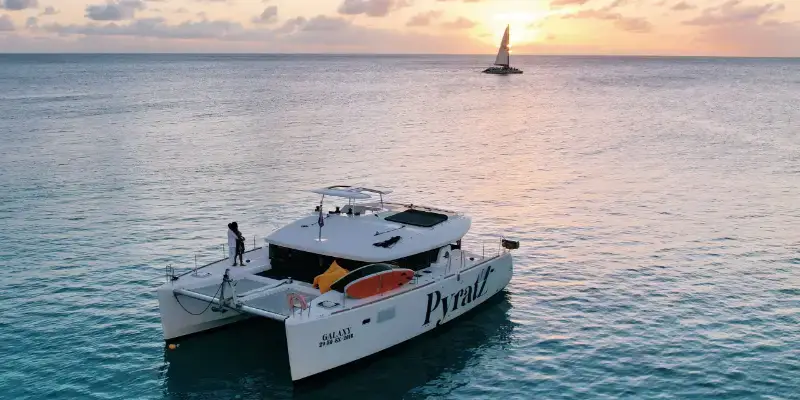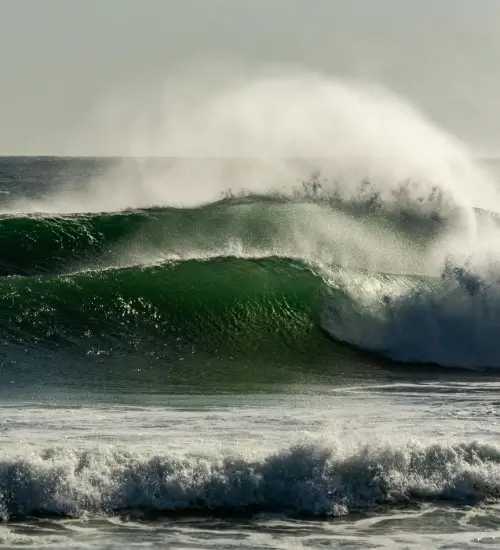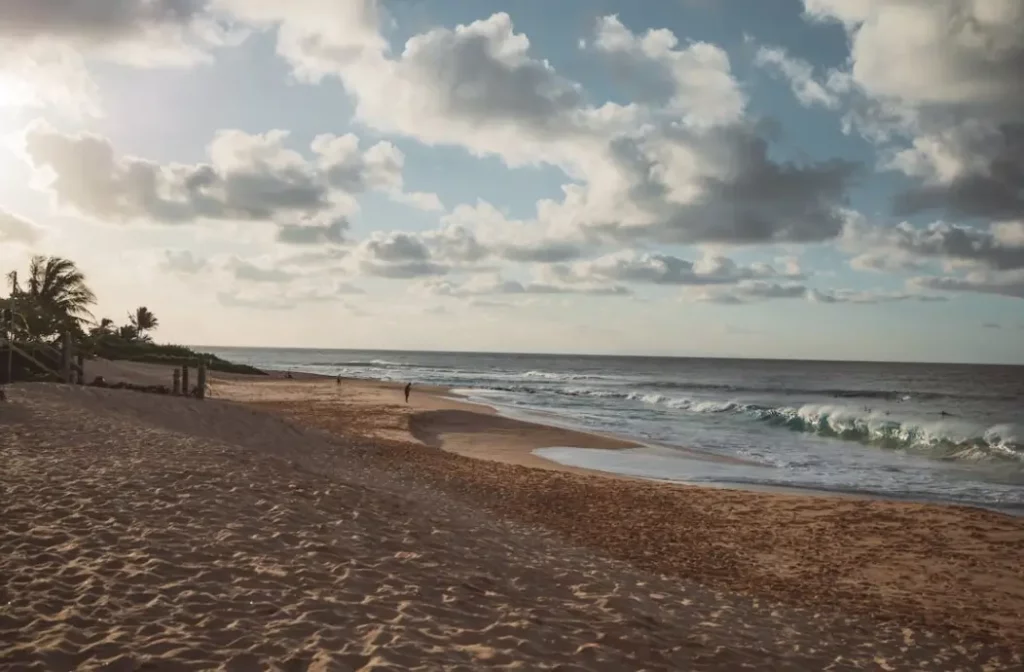Update: we are open again since the 2024 Hurricane Season is over
We are thrilled to announce that since October 25th we have been back in business full time!
If you want to check the changes and the new boat charters we have prepared for these next months, check out our update post: ’24-’25 season novelties and new charters.

The Caribbean hurricane season is an annual phenomenon that significantly impacts the Caribbean region.
The Caribbean hurricane season runs from June 1 to November 30 and brings varying levels of storm activity, particularly during peak months like August and September. This season affects popular tourist destinations such as the islands where Pyratz is based and works, Saint Martin, Anguilla, and Saint Barths.
If you want to learn more about this natural phenomenon and what do we do during this time of the year, keep reading!
Overview of the Caribbean hurricane season
The Caribbean hurricane season is a specific timeframe during which the likelihood of cyclonic activity (and thus the formation of powerful storms or even hurricanes) is notably heightened. Understanding its duration and the classification of storms is essential for the population and the businesses in the Caribbean be ready for it.
Duration, dates and peak season
The official hurricane season in the Caribbean runs from June 1 to November 30 each year.
Historical data indicates that the peak of the season is generally observed in August and September, as warmer ocean waters provide ideal conditions for storm development.
Understanding hurricane categories
Classifying storms is critical for assessing their potential impact on the population of the different Caribbean islands.
In the table below we provide some information about the different storms and their categories, depending on the wind speed.
This classification ranges from tropical storms to major hurricanes, each category indicating the wind speed and the resulting threat level posed to land and resources.
| Wind Speed → Classification ↓ |
meters per second | knots | miles per hour | kilometers per hour |
| Hurricane Category 5 | > 70 | > 137 | > 157 | > 250 |
| Hurricane Category 4 | 58-70 | 113-136 | 130-156 | 209-249 |
| Hurricane Category 3 | 50-58 | 96-112 | 111-129 | 178-208 |
| Hurricane Category 2 | 43-49 | 83-95 | 96-110 | 154-177 |
| Hurricane Category 1 | 33-42 | 64-82 | 74-95 | 119-153 |
| Tropical Storm | 18-32 | 34-63 | 39-73 | 63-118 |
| Tropical Depression | < 32 | < 33 | < 38 | < 62 |
Note: this table is elaborated using the Saffir-Simpson Hurricane Severity standards.
Small category: tropical storms
A tropical storm is defined by sustained winds of 39 to 73 miles per hour (63 to 118 kilometers per hour).
While less intense than hurricanes, tropical storms can still produce heavy rainfall and hazardous conditions, leading to significant local flooding and disruptions.
Medium category: hurricanes
Once wind speeds reach 74 miles per hour (119 kilometers per hour), a storm is classified as a hurricane.
Hurricanes are categorized from 1 to 5 based on their wind speeds and potential for damage. They can cause extensive damage to infrastructure, homes, and ecosystems, prompting evacuation and emergency preparedness measures in vulnerable areas.
Big category: major hurricanes
Major hurricanes are classified as Category 3 or higher (up to Category 5), with wind speeds of 111 miles per hour (178 kilometers per hour) or more.
These storms pose a great threat to life and property. The impact of major hurricanes can be devastating, resulting in long-term economic and environmental consequences for the affected areas and islands.
Which are the more and the less affected areas in the Caribbean during the hurricane season?

Due to the hurricane paths, some areas in the Caribbean are safer during the hurricane season.
Less affected: southern Caribbean islands
The southern Caribbean islands, such as those further from the typical hurricane paths, tend to be less affected.
Islands like Aruba, Bonaire and Curaçao, right in front of the north coast of Venezuela, often experience milder weather during hurricane season, making them more attractive for travelers seeking sun and relaxation during the hurricane season. Their geographic positioning provides a natural shield against many storms that primarily affect the northern and central parts of the Caribbean.
Specifically, Aruba, Bonaire, and Curaçao are recognized as some of the safest destinations during hurricane season. Situated outside the typical hurricane belt, these islands often escape the brunt of storms, offering a reliable refuge for tourists during the tumultuous months.
More affected: northern islands belt
The Bahamas are undoubtedly the most hurricane-prone group of islands.
Historically, the islands that have been hit the most by hurricanes are*:
- The Bahamas
- Saba and St Eustatius
- St Kitts and Nevis
- British Virgin Islands
- Antigua and Barbuda
* Source: TheTimes.com
What about St Martin, Anguilla and St Barths?
Our islands are also hit by hurricanes and tropical storms, but usually are less frequent or still haven’t developed enough powerful to be as damaging as when they reach western parts of the Caribbean sea.
The future of the Caribbean hurricane season due to climate change
The Caribbean region is expected to experience an increase in the frequency and intensity of hurricanes due to climate change because of more energetic and warmer oceans.
As ocean temperatures rise, the warm waters that fuel these storms are becoming more prevalent, leading to potentially more destructive weather patterns. Climatic projections indicate that not only will the number of storms increase, but they may also generate stronger winds and heavier rainfall.
When is hurricane season in St Martin?
Peak hurricane season in St Martin occurs during end of August and September.
What do we do at Pyratz during the Caribbean hurricane season?

We are closed during the peak of the Caribbean hurricane season.
In fact, Pyratz will have its last Caribbean boat charter of the season on August 31st , after which we are closing to the public.
This means that you still have two weeks to book one of our boat charters is St Martin with us!
On September 2nd, all boats will be in the shipyard, secured for the peak of hurricane season, and ready for their annual maintenance work.
In the meantime, we prepare for the next season, rest for a few days ☕ and do some office work.
When are we reopening after the Caribbean hurricane season?
We are open! Our boats are back in the water, ready for the new season and our full range of boat charters for you!
If you want to know our biggest news on this season, just check our post about our opening in this season.
Also you can follow us on Instagram to not miss any updates for the next months to come.
